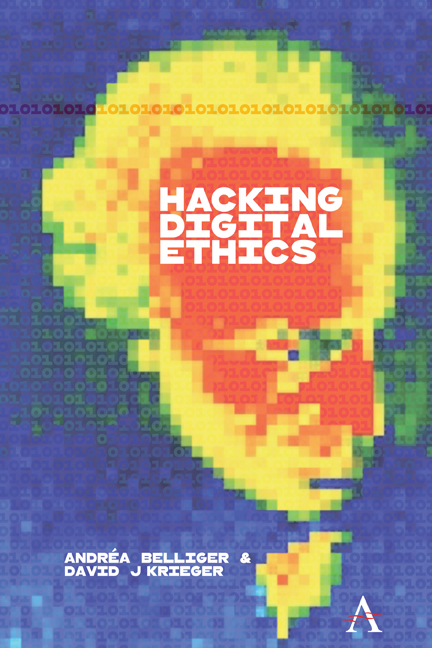Chapter One - The Exploit
Published online by Cambridge University Press: 06 April 2021
Summary
We Do What We Are and Not What We Ought to Do
We all know what we ought to do. We ought to quit smoking, stop drinking, eat less sugar, exercise more, lose weight, drop the party scene, not waste food, buy organic, switch to bicycling, drive electric, reduce the carbon foot print, vote, be civically responsible, give to charities, maintain a healthy work-life balance, spend more time with the family, turn off the television, refrain from speaking badly about others, obey traffic laws, keep promises, recycle waste, read serious books, improve our skills, not cheat on taxes, think positively, not steal anything, tell the truth, think of others first, not hurt anyone, lend a helping hand, do our homework, respect teachers, persons of authority, and institutions, be humble, trustworthy, and reliable, overcome our prejudices, avoid discrimination, support the needy, not waste time, clean the garage, and much much more. Some of the time, we do manage to do some of the things we ought to do. But mostly, we don’t. And never will. Why not? Why can't we be what we ought to be? The answer is simple. Because we do what we are and not what we ought to do. No amount of ethics, moral reprimands, supervision, sanctions, rehabilitation programs, hard words, pangs of guilt, or social pressure will change this situation. Because it can't be changed without changing what we are.
What does it mean to be called upon to change what we are and not only what we do? This is a philosophical question and not merely a practical matter. How can something become other than what it is without losing itself along the way? If we try to imagine what kind of person we would be if we did do everything we ought to do, there would almost certainly be something strange about this person, something that does not belong to us. What is it like to be a saint? Surely, a burden of guilt and remorse would fall from our shoulders, but these would no longer be our shoulders. They would belong to a person we could hardly imagine. This is not because we cannot change our ways, as it were, turn around, which is the original meaning of the word “conversion.” It is also not because we cannot be virtuous, that is, act on the basis of a good character.
- Type
- Chapter
- Information
- Hacking Digital Ethics , pp. 9 - 88Publisher: Anthem PressPrint publication year: 2021



